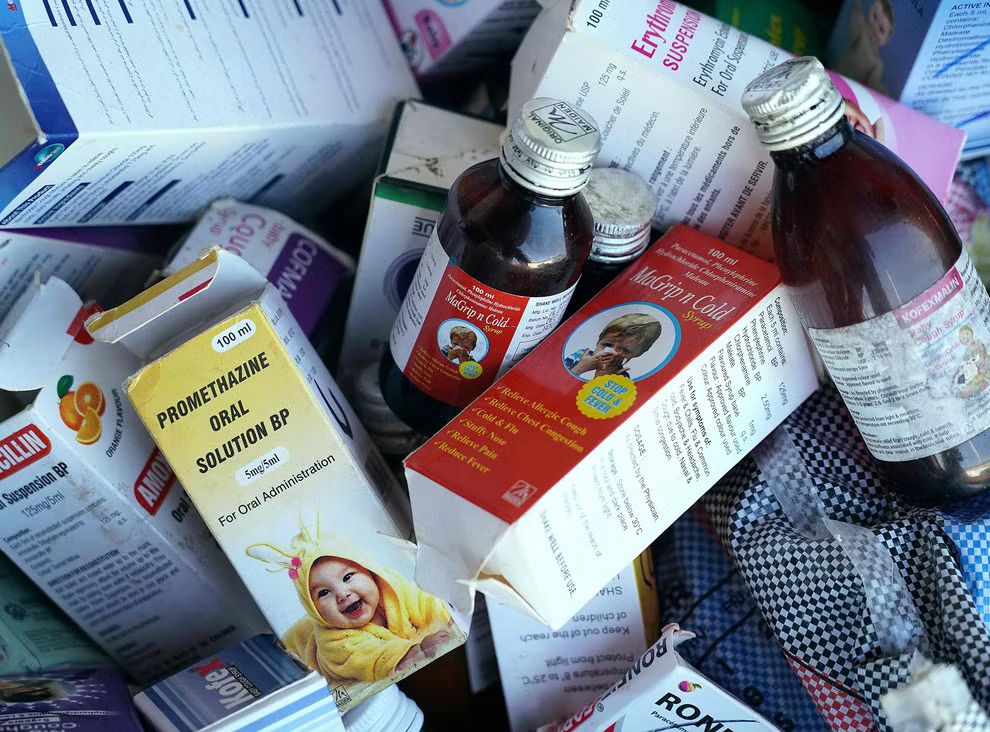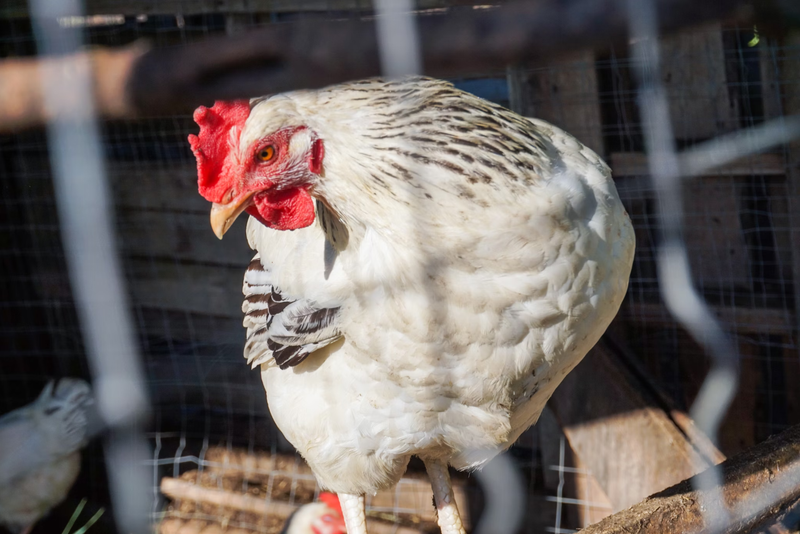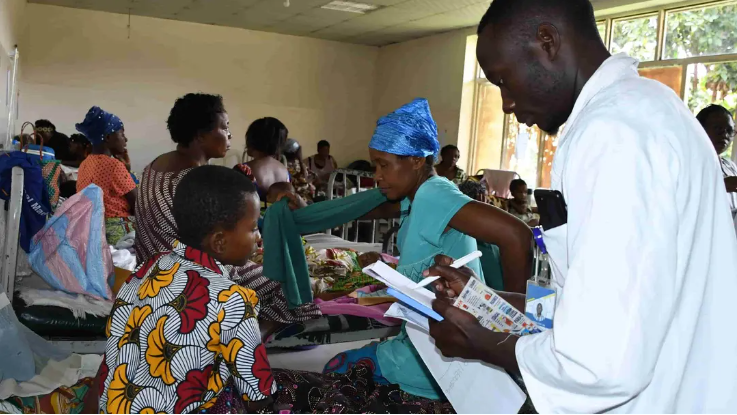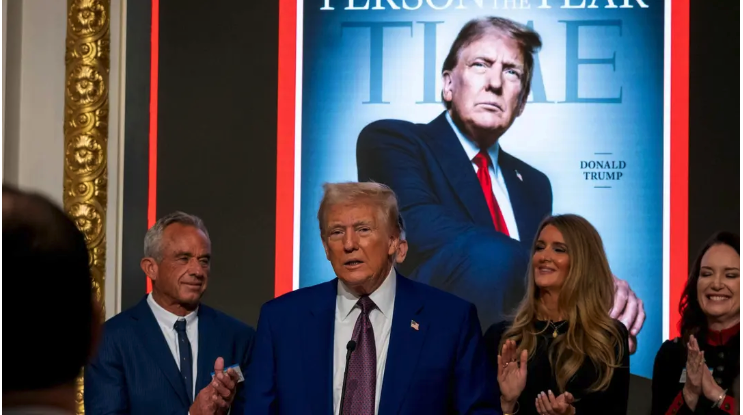Three Countries Tie Child Deaths to India-Based Cough Syrups
On Wednesday, Uzbekistan's health ministry announced that at least 18 children have died after taking the India-based pharmaceutical company Marion Biotech's "Doc-1 Max" cough syrup. In response to the claims, the manufacturer has halted production.

Facts
- On Wednesday, Uzbekistan's health ministry announced that at least 18 children have died after taking the India-based pharmaceutical company Marion Biotech's "Doc-1 Max" cough syrup. In response to the claims, the manufacturer has halted production.
- A batch of Doc-1 Max, marketed by the company as a cold and flu treatment, was consumed by 21 children suffering from acute respiratory disease, 18 of whom died. The batch, imported into Uzbekistan by Quaramax Medical, was part of a batch containing ethylene glycol, which is considered a toxic substance by the ministry.
- India's health ministry has launched an investigation into the deaths. The nation's Central Drugs Standard Control Organization is working with Uzbek authorities on a joint inspection of the Noida facility where the syrup is manufactured.
- The World Health Organization in October issued an alert advising India's regulators to halt sales of cough syrups made by New Delhi-based Maiden Pharmaceuticals following a similar incident in Gambia this past July. Gambian medical authorities in July saw a jump in kidney injuries to young children correlated to cough syrups and later determined that 70 had died.
- After testing the products, the WHO determined the cough syrups contained "unacceptably high" amounts of two toxic substances, with Indonesia also halting sales following the deaths of at least 199 people from acute kidney injury since Aug. Families of the deceased have demanded compensation from the Indonesian government.
- India responded to the allegations in a letter to the WHO, claiming its alert was issued "prematurely" and there is no definitive link between the deaths in Gambia and the India-based products. India also alleged that the WHO's actions have caused damage to India's pharmaceutical industry.
Sources: Newsbud, CNN, Al Jazeera, BBC News, and Independent.
Narratives
- Pro-establishment narrative, as provided by Archive Today. India has earned its place as a world leader in pharmaceuticals, with its $42B industry serving a critical role in the COVID pandemic by producing vaccines and cementing its title as the "pharmacy of the world." The Indian government will continue to expand by focusing on drug production and consistently improving quality control. The country's commitment to healthcare and pharmaceuticals will serve as an engine of growth for the Indian economy and people as well as the global community.
- Establishment-critical narrative, as provided by C&EN. While India is the world's largest exporter of generic medications, India-based pharmaceuticals face significant challenges in the world market. The government needs to step up and provide support like academic collaboration and technology transfer. India's drug producers are begging the public sector to help them better compete — especially if these products are being sent to developing nations. It's not fair to blame the nation's pharma industry alone for any shortcomings.






